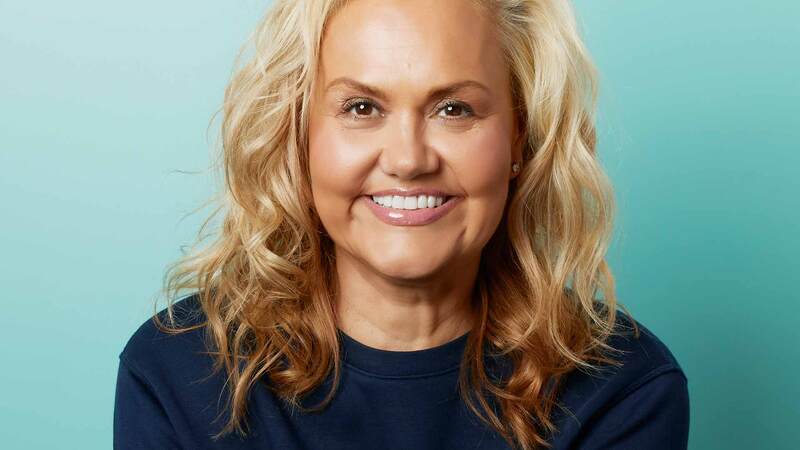You are viewing your 1 free article this month. Login to read more articles.
Reading comprehension falls in secondary schools, study claims
A new report from Renaissance Learning suggests the reading comprehension of secondary school pupils is falling below that of primary school children because teenagers are not reading challenging enough books.
Renaissance Learning runs the Accelerated Reader programme, which some school pupils use to track their reading progress by answering quizzes about the books they have just read online. For the “What Kids Are Reading Report”, Renaissance Learning hired University of Dundee academic Professor Keith Topping to look at what nearly one million Accelerated Reader users were reading using the ATOS formula, which examines average sentence length, average word length, word difficulty level and the total number of words in the book.
Topping found that primary school pupils were reading increasingly more difficult books, but that progress stops once children hit secondary school.
First year secondary students were reading one year less than their chronological age and by the third, fourth and fifth years of secondary school pupils were reading at least three years below their chronological age – suggesting that many sitting their GCSEs at age 16 have the reading ability of a 13-year-old or lower.
“The uniformity of the fall in literacy levels is striking as it cuts across boys, girls and all parts of the UK,” said Topping. “To avert a further slide in literacy levels in secondary schools, pupils should be encouraged to push themselves to read more difficult books.
“By their teenage years pupils are more likely to take advice from their friends and peers than their teachers and parents about the types of books they should be reading. With this in mind, teachers could encourage them to talk more openly about what they are reading and make appropriate suggestions to their classmates.”
A lot of the same authors featured in the list of the most popular secondary school books as well as the most popular primary books. The top 10 most popular books in the secondary school table (as in more quizzes were done about these books than any other) were all written by Jeff Kinney or David Walliams. In the corresponding primary school table, the books were all written by Kinney, Walliams or Roald Dahl.
When asked to vote for their favourite title, primary school children placed a Walliams book in position one and two J K Rowling titles in positions two and three. Secondary pupils voted for Rowling and Zoe Sugg.
Renaissance Learning said both high-ability and struggling readers are “seriously under-challenged”, as are non-fiction readers.
Renaissance UK m.d. Dirk Foch said secondary school teachers need to spend more time reading with their pupils. “Evidence shows that pupils make the most progress when they read for just 15 minutes per day, so I would encourage all secondary school teachers to build some dedicated reading time into the timetable to avert a further fall in literacy levels among young people," he said.
“The fall in teenagers’ reading ages is striking. By the time many come to sit their GCSEs, many will have a reading age of 13 or less, meaning that they could even struggle to comprehend their exam papers. This could have a significant impact on their future academic success.”


















